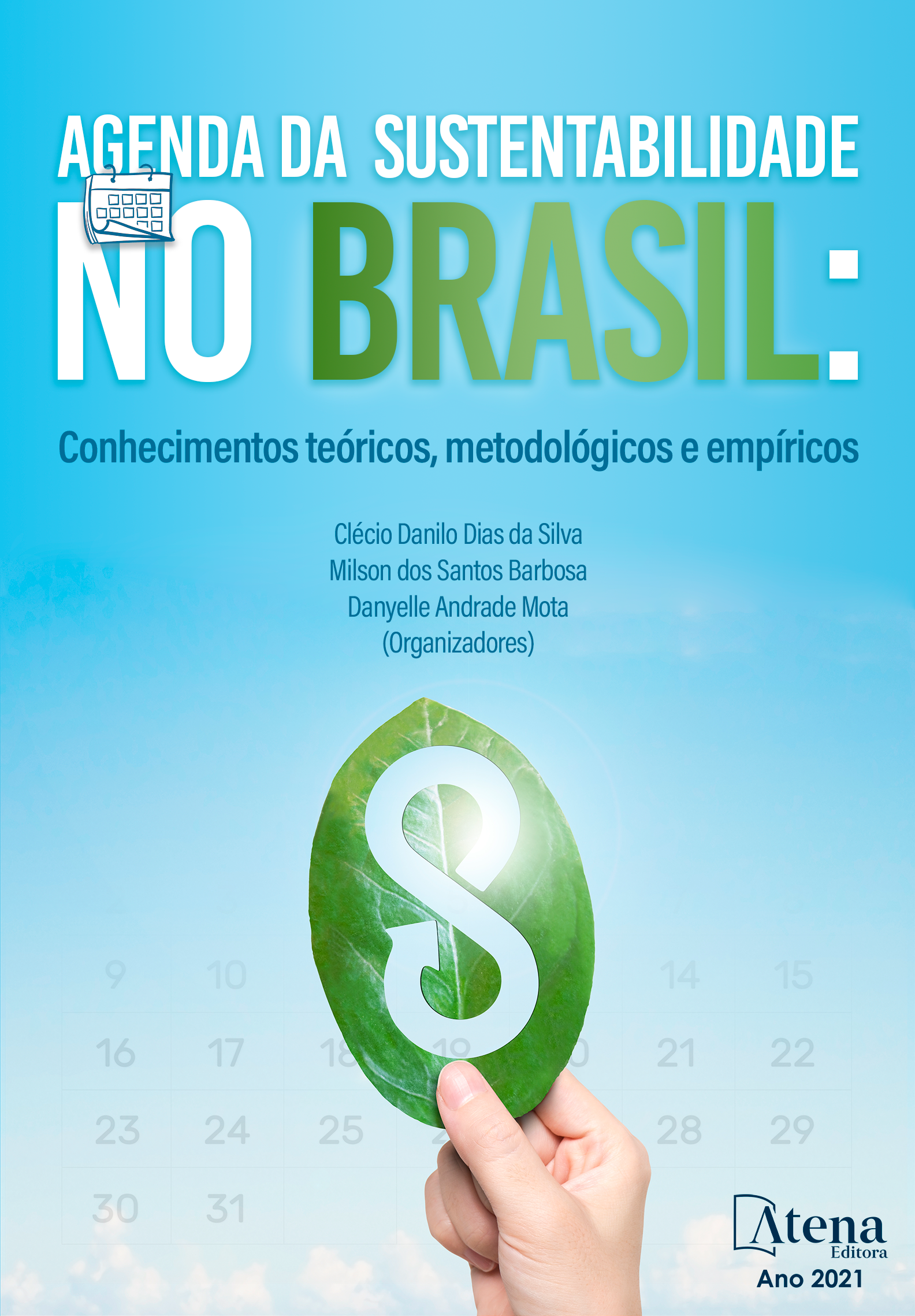
POTENCIAL INSETICIDA DAS SEMENTES COMO ALTERNATIVA AO CONTROLE SUSTENTÁVEL DO Aedes aegypti L. (DIPTERA: CULICIDAE)
O Aedes aegypti é responsável pela disseminação das principais arboviroses em circulação no Brasil. No entanto, seu controle tem sido um desafio. Este artigo discute sobre as medidas de combate à proliferação desse mosquito no país, os desafios enfrentados e as alternativas sustentáveis de combate ao mesmo, tendo por objetivo apontar os principais mecanismos que tornam as sementes e seus constituintes, potenciais bioinseticidas. É visto que, impedir a oviposição do mosquito, mediante a eliminação dos criadouros, deveria ser a medida mais efetiva de controle do vetor, no entanto, as campanhas promovidas pelos órgãos governamentais responsáveis têm fracassado no país, devido a não adesão popular, justificando o uso de inseticidas sintéticos para esta finalidade, que sofrem com o crescente surgimento de indivíduos resistentes, além de apresentarem toxicidade para os ecossistemas e os seres humanos. Na busca por alternativas mais sustentáveis, podem-se destacar os inseticidas de origem vegetal, que apresentam baixa toxicidade. Nesse contexto, as sementes se destacam pelas vantagens do seu uso contra o A. aegypti, com a literatura recente revelando vários estudos com resultados positivos, pois as mesmas são fontes de metabólitos secundários, lectinas, moléculas inibidoras e óleos essenciais, que já são conhecidos pelas suas propriedades inseticidas. Dessa forma, é fundamental que mais pesquisas sejam realizadas no intuito de melhor estudar as qualidades inseticidas das sementes e buscar compostos menos tóxicos e vantajosos para serem empregados no controle desse vetor.
POTENCIAL INSETICIDA DAS SEMENTES COMO ALTERNATIVA AO CONTROLE SUSTENTÁVEL DO Aedes aegypti L. (DIPTERA: CULICIDAE)
-
DOI: 10.22533/at.ed.25921230812
-
Palavras-chave: Arboviroses; Bioinseticidas; Inseto vetor; Moléculas bioativas
-
Keywords: Arboviruses; Biopesticides; Vector insect; Bioactive Molecules
-
Abstract:
Aedes aegypti is responsible for the dissemination of the main arboviruses circulating in Brazil. However, its control has been a challenge. This article discusses measures to combat the proliferation of this mosquito in the country, the challenges faced and sustainable alternatives to combat it, aiming to point out the main mechanisms that turn seeds and their constituents into potential biopesticides. It is seen that preventing mosquito oviposition through the elimination of breeding sites should be the most effective measure of vector control, however, the campaigns promoted by the responsible government agencies have failed in the country, due to the non-adherence of the people, justifying the use of synthetic insecticides for this purpose, which suffer from the growing emergence of resistant individuals, in addition to presenting toxicity to ecosystems and humans. In the search for more sustainable alternatives, insecticides of plant origin can be highlighted, which have low toxicity. In this context, seeds stand out for the advantages of their use against A. aegypti, with recent literature revealing several studies with positive results, as they are sources of secondary metabolites, lectins, inhibitor molecules and essential oils, which are already known for their insecticidal properties. Thus, it is essential that more research is carried out in order to better study the insecticidal qualities of seeds and seek less toxic and advantageous compounds to be used in the control of this vector.
-
Número de páginas: 15
- Francisco Roberto de Azevedo
- Francisco Bernardo de Barros


